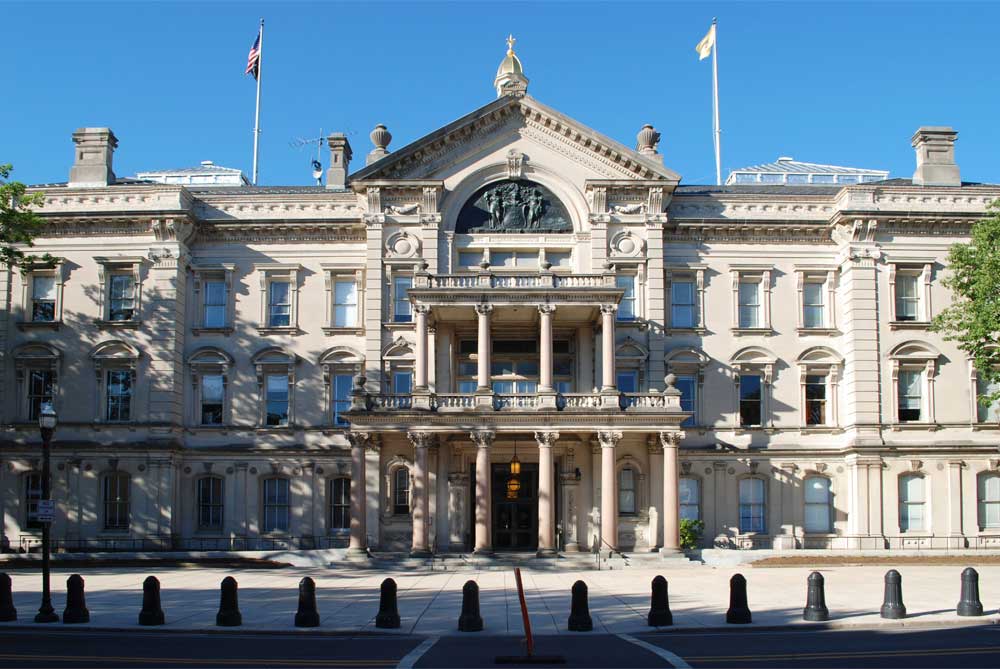
While the Federal government recently passed the Coronavirus Aid, Relief, and Economic Security Act to ease financial pain as the COVID-19 pandemic drags on, New Jersey’s state legislators are looking to pass a bill that could help tenants that are struggling to pay their rents.
Earlier this week, the State Senate introduced and unanimously passed the 2020 New Jersey Emergency Rental Assistance Program. The purpose of the endeavor is to assist residential tenants who have experienced financial setbacks due to coronavirus in satisfying their rental obligations.
The bill would create a $100 million fund for renters that would be paid for first by using federal grants from the coronavirus relief bill, with the remaining amount coming from the state’s general fund. The program would operate under the New Jersey Homeless Prevention Program and the Commissioner of Community would administer this fund in accordance with existing regulations.
To qualify for assistance, renters would have to prove that they are unable to make rental payments for reasons that are “beyond the household’s control” and related to the COVID-19 outbreak. A renter doesn’t need to have been served with a summons or eviction complaint to be eligible but would need to have a current annual income that is no greater than the upper limit of “medium income.”
That threshold varies depending on what part of New Jersey an applicant lives in, but qualified tenants cannot make more than 120% of their county’s median family income as defined by the United States Department of Housing and Urban Development. If a renter’s application is approved, a Homelessness Prevention Program Agency would need to verify with the landlord the amount of rent due and the state would then pay the landlord directly.
The bill, officially called S-2332, would allow the Department of Community Affairs Commissioner to give priority to low and moderate-income residents. It will now be put to a vote by New Jersey’s State Assembly, who haven’t announced when their next voting session will be.
Governor Phil Murphy has not yet commented on the legislation but if he were to sign it into law following the Assembly’s approval, the bill, as currently written, would take effect immediately.
Related:
- Gov Murphy Halts Non-Essential Construction in NJ to Fight Spread of COVID-19
- Jersey City, Hoboken Holding Virtual Government Meetings Amid COVID-19
- How to Help Local Businesses Struggling Through COVID-19 Restrictions


